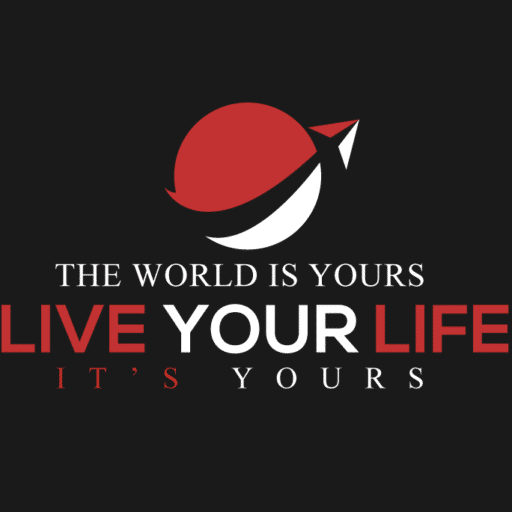Hong Kong police shot an apparently unarmed protester on Monday, fueling outrage among pro-democracy activists on a day of violent clashes. In a separate incident, a man was set on fire during an argument about the demonstrations that have roiled the city.
The victims in each of those incidents were in critical condition, according to Hong Kong media outlets. They were injured in two of the most high-profile incidents on a day that saw police use tear gas and water cannons against protesters in turn who threw bricks and Molotov cocktails in several locations.
Both the government and the demonstrators are now accusing the other of intentionally ratcheting up their tactics on what was perhaps the most violent day in roughly five months of protests over Hong Kong’s relationship with Beijing. As night fell in Hong Kong, Chief Executive Carrie Lam told journalists, “If there is still any wishful thinking that by escalating violence, the [Hong Kong government] will yield to pressure to satisfy the so-called political demands, I’m making this statement clear and loud here: That will not happen.”
The Hong Kong Police Force arrested more than 260 people Monday, the department said. The shooting happened in the Sai Wan Ho area in the Eastern District. An eyewitness video shows a traffic police officer pulling out his pistol as protesters stand on the sidewalk nearby. A masked protester then walks toward the officer and briefly holds both hands in the air. The officer then puts the barrel of his pistol against the man’s chest before trying to grab him in a headlock. As they struggle, other protesters draw close — and the officer fires three shots, hitting one person at close range. The protester, who hasn’t officially been identified, was taken to the hospital. Hours later, northeast of central Hong Kong, a man was set on fire on a footbridge in Ma On Shan. Video footage taken by a bystander shows a man in a green shirt arguing with what appear to be pro-Hong Kong demonstrators — an exchange that seems to be winding down when the man starts to walk away. More angry words are exchanged and the man walks back. Then a masked man in black splashes a liquid on the green-shirted man and uses a lighter to ignite it. The man erupts in flames and the crowd scatters. The man, who was taken to the hospital, suffered “burns on 28 per cent of his body, mainly on his chest and arms,” the South China Morning Post reports.
Speaking to the media hours later, Lam sought to draw a distinction between Monday’s two shocking acts of violence.
“One is the outcome of open fire incident by police, in the course of an enforcement operation,” Lam said. “The other is a very malicious case of setting an individual on fire in front of many witnesses. This is a blatant breach of peace and the rule of law.” Demonstrators had called for a general strike Monday after the death of Chow Tsz-lok. The 22-year-old university student died Friday of brain injuries suffered in a fall after police teargassed protesters to clear them from a parking garage. Chow is believed to be the first person to die from violence directly related to the protests. Hong Kong officials denied that police played a direct role in Chow’s death, while protesters accused the police of intentionally delaying emergency responders by blocking an ambulance.
On Monday morning, protesters targeted the transit system, barring access to train stations and foiling workers’ commutes. Demonstrators reportedly threw Molotov cocktails in stations and on trains, and Hong Kong’s Mass Transit Railway was forced to shut down more than 30 stations. Police fired off tear gas in several parts of Hong Kong, including a main street in the financial district. Annemarie Evans reports for NPR from Hong Kong that the authorities’ actions have exposed them to widespread criticism, “as some of those caught up in the chaos were just workers getting lunch.” Joshua Wong, a leader of the pro-democracy movement, said the police officer who shot the protester should be charged with attempted homicide. Wong called on supporters inside and outside of Hong Kong to put pressure on China to ease its policies, saying they should act now rather than wait for the conclusion of what he called a “slow-motion massacre” by police.
Wong and other activists have listed several key demands, from universal and direct democracy to an independent investigation of police brutality during the months of protests that have crippled large sections of Hong Kong.
 Live Your Life !
Live Your Life !